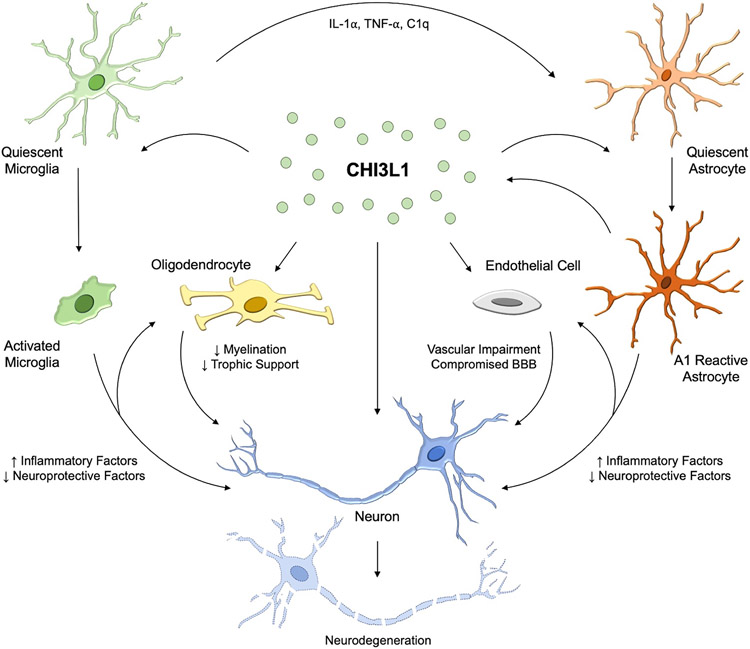Figure 4. Potential Role of CHI3L1 in Neurodegeneration and AD.
Supported by reported data in the field, our working hypothesis is that microglia-induced CHI3L1 secretion from astrocytes augments inflammation and promotes neural damages. Microglia secrete IL-α, TNF-α and C1q, to activate astrocytes to an A1 reactive phenotype which induces increased CHI3L1 secretion. CHI3L1 can then act upon the glial cells and alter glial activation as well as the expression and secretion of inflammatory or neuroprotective factors. The increased inflammatory factors or direct CHI3L1 action may affect oligodendrocytes and endothelial cells leading to demyelination and reduced trophic support as well as vascular impairment and compromised BBB integrity, respectively. Similarly, CHI3L1 may act directly on the neurons or in combination with the increased inflammation and reduced neuroprotective factors to lead to neural damages. The increased neuroinflammation and resulting neurotoxicity thus contribute to pathology seen in AD.

